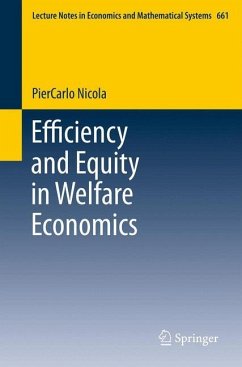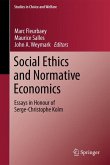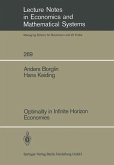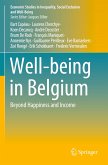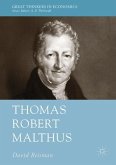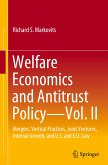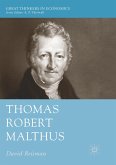Increasing efficiency in generating national income and improving equity in its distribution among economic agents is at the forefront of priorities of most modern economies. This book presents a model which aims to maximize a symmetrical welfare function under certain constraints which consider both efficiency and equity, i.e. taxes and subsidies, implemented by a public authority. The model is numerically implemented and considers a set of economic agents with starting incomes that satisfy Pareto income law under various values of the alpha parameter. Also, the model implementations respect the social production function. Various experiments are presented which show how income inequality (measured by means of the Lorenz curve and, what I call, the Lorenz-Gini inequality index) and measures of poverty are sensibly reduced by redistributing national income without lowering efficiency in production. A case study, or application, of Italian personal income in 2008 is also presented.

